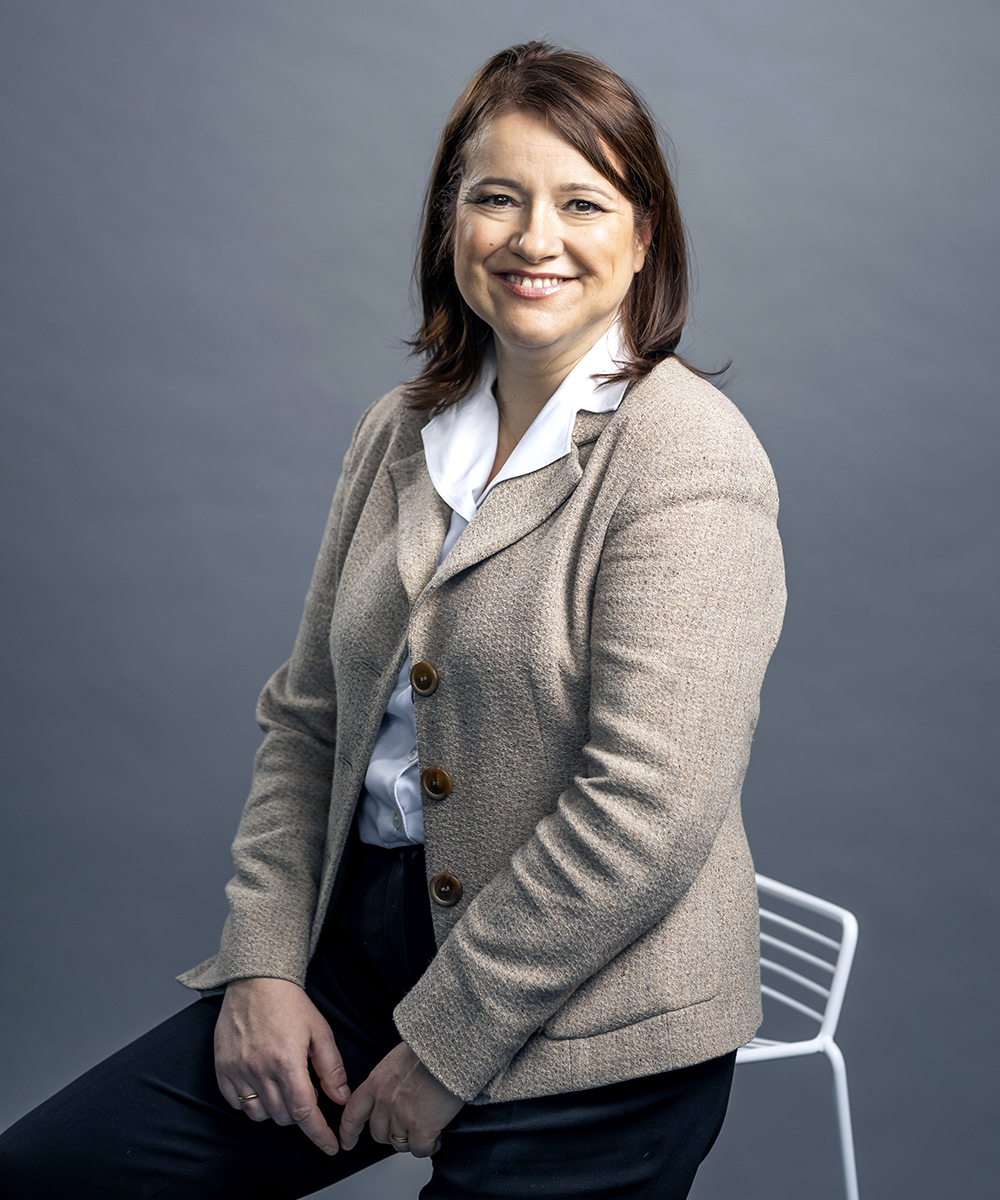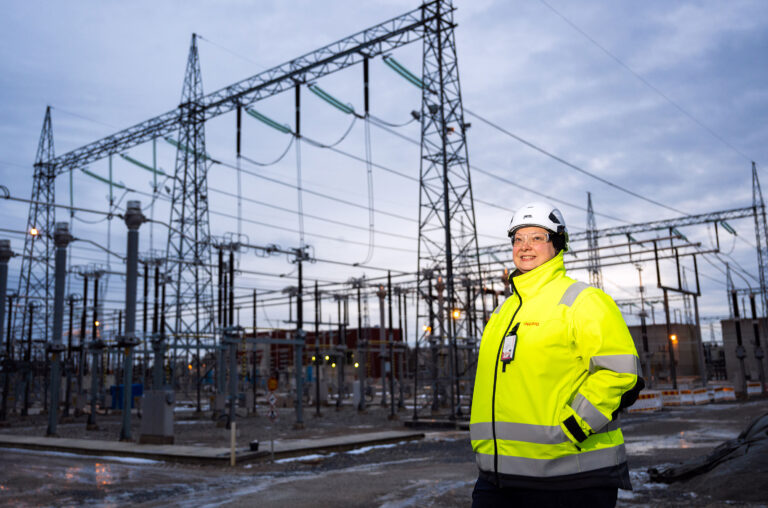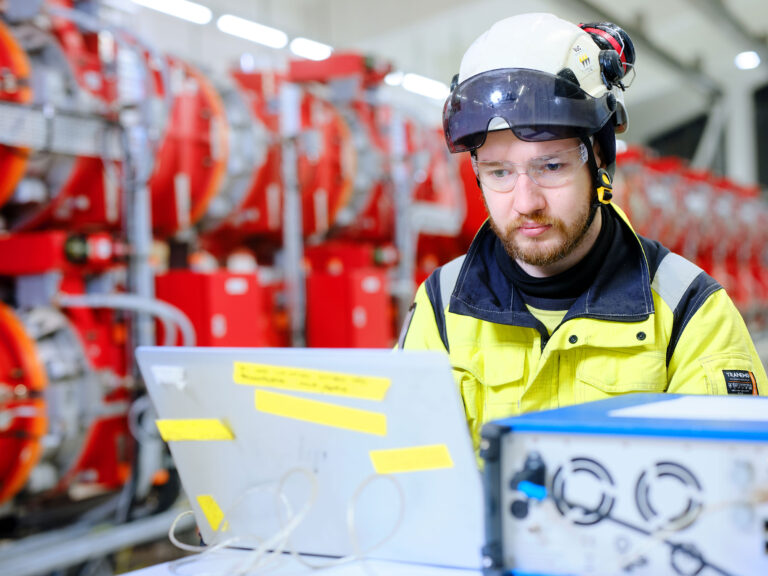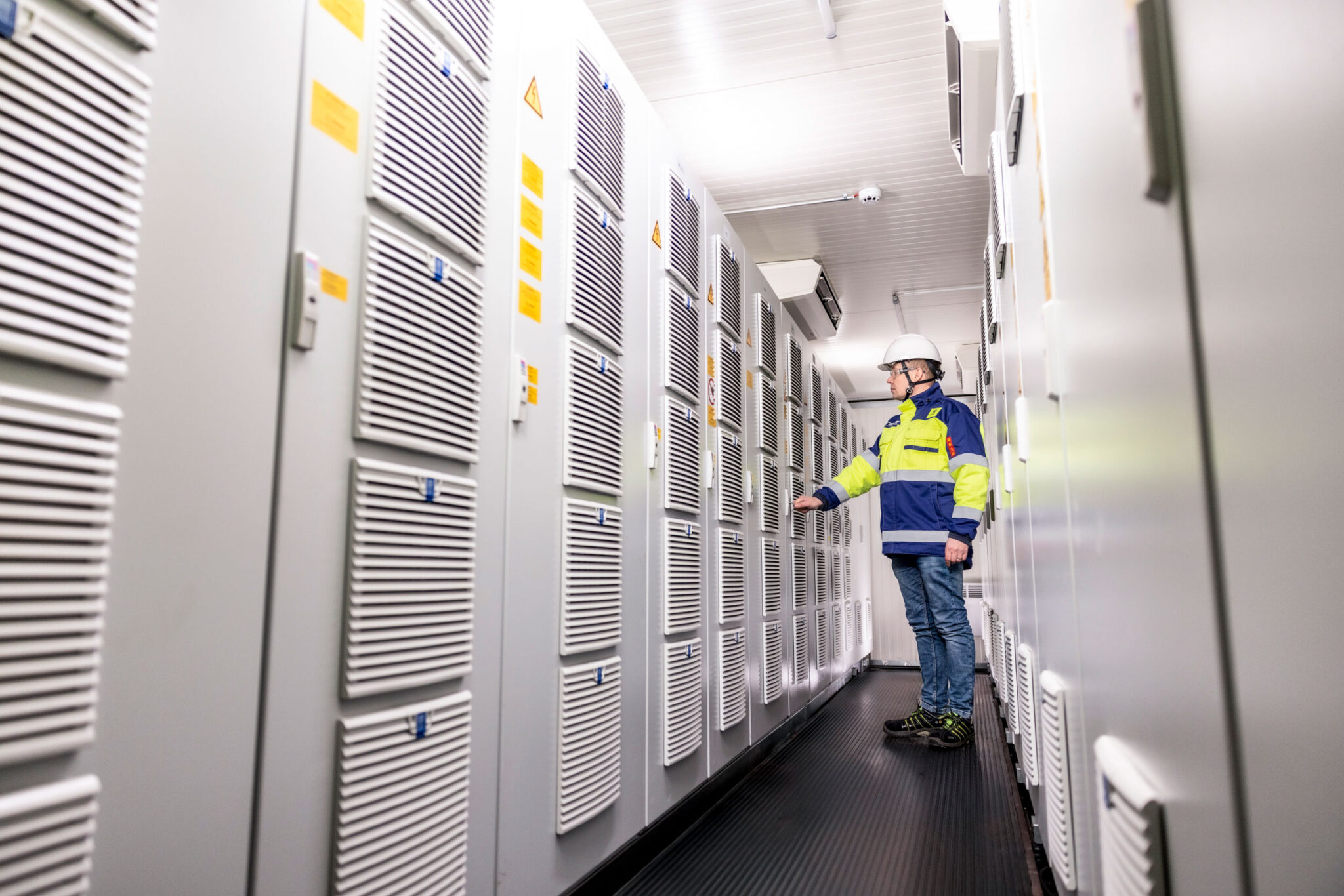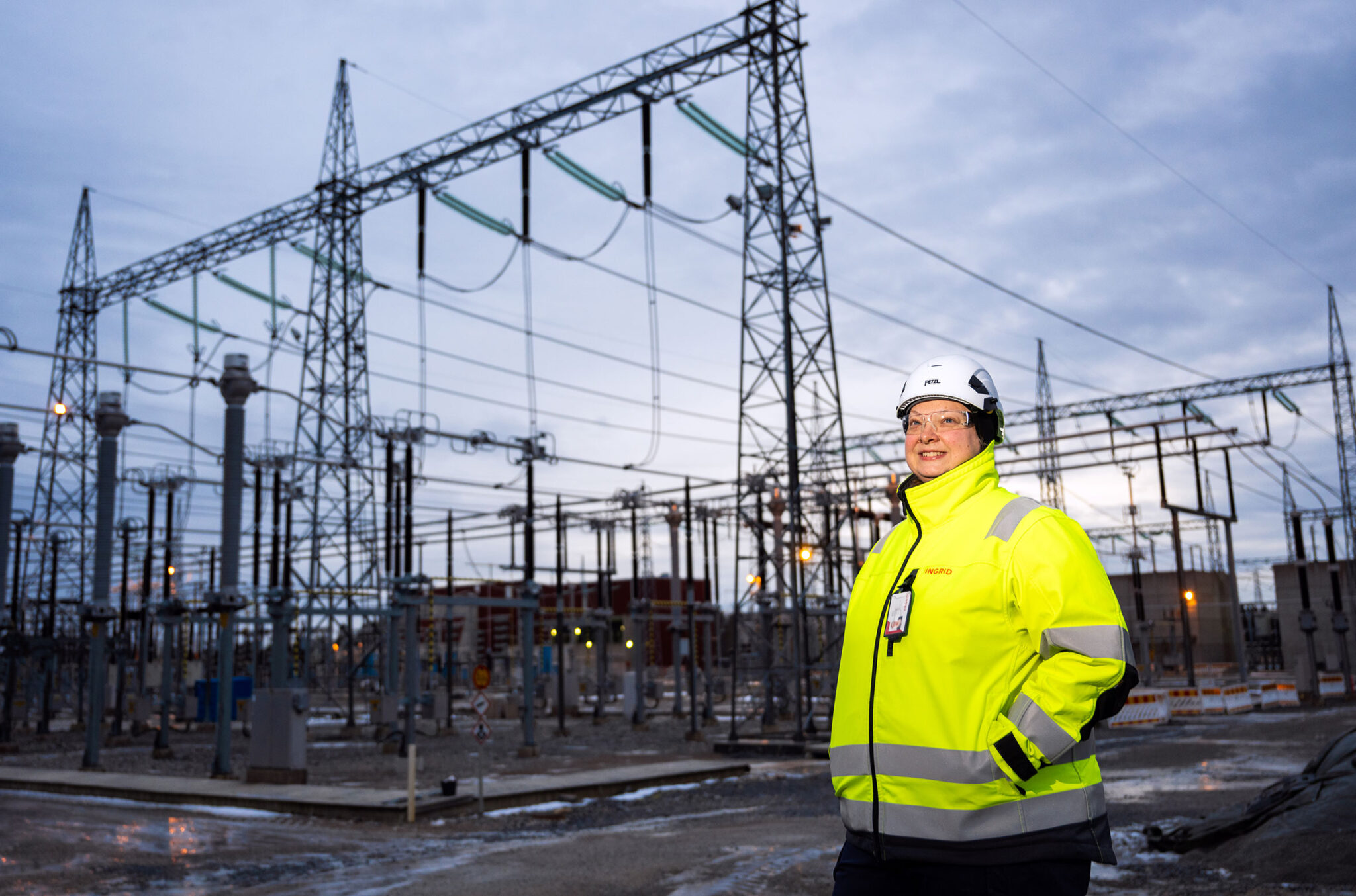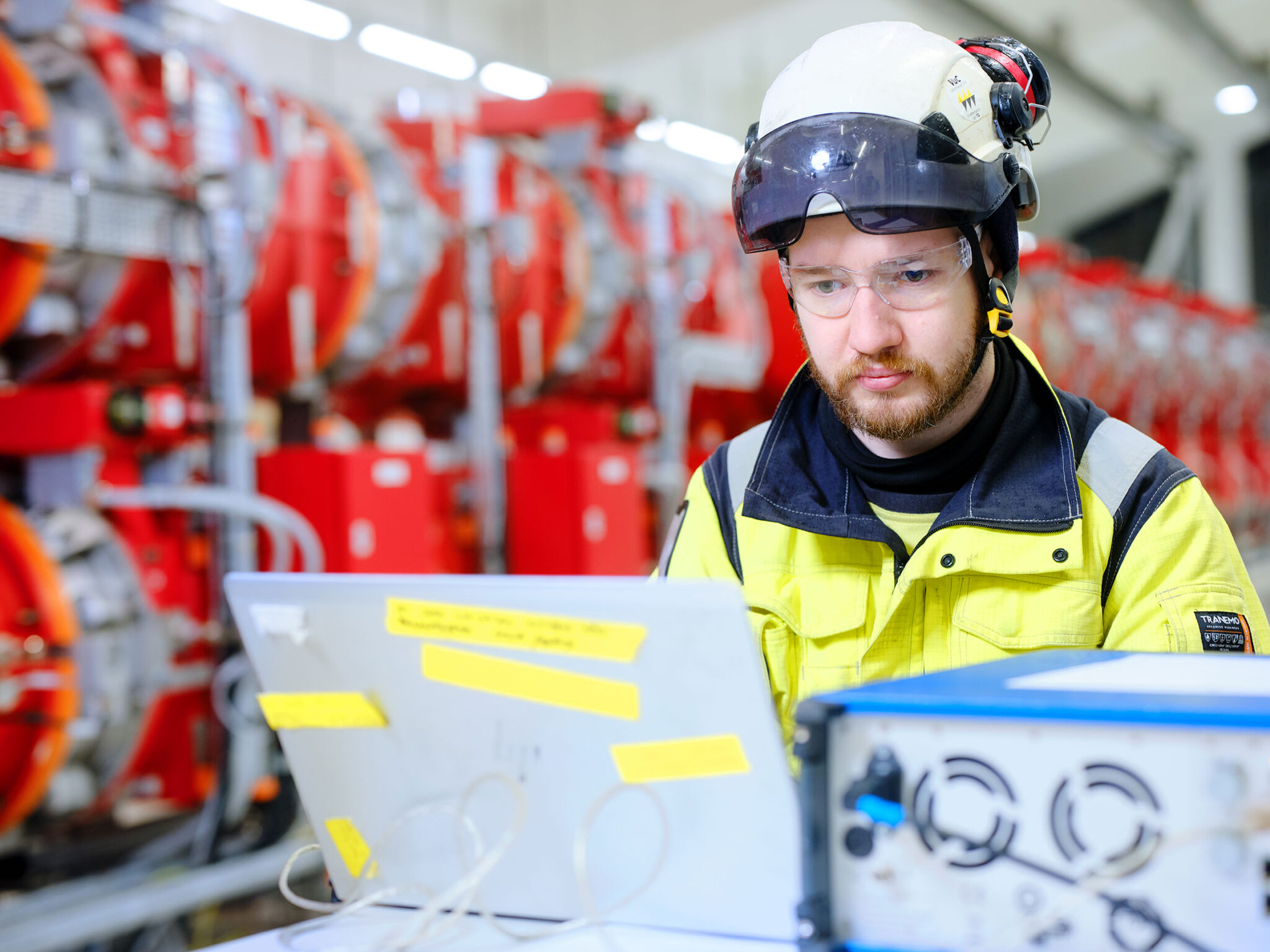 Responsible business was one of the most talked-about topics of the last decade. I believe that will continue in this decade. At the beginning of the year, Sitra published its Megatrends 2020 report, identifying the rush for ecological rebuilding as the key factor influencing the future. The next ten years will be instrumental in determining how the ecological sustainability crisis – climate change, loss of biodiversity, overconsumption of resources and waste problems – can be addressed.
Responsible business was one of the most talked-about topics of the last decade. I believe that will continue in this decade. At the beginning of the year, Sitra published its Megatrends 2020 report, identifying the rush for ecological rebuilding as the key factor influencing the future. The next ten years will be instrumental in determining how the ecological sustainability crisis – climate change, loss of biodiversity, overconsumption of resources and waste problems – can be addressed.
Sustainable business also requires other areas of corporate responsibility to be taken into consideration; companies must invest in responsible operations towards their employees, procurement chains, guidelines and management. Corporate responsibility must be genuinely visible and influence the way companies operate.
In the energy world, corporate responsibility is most often associated with combating climate change and the methods for generating energy. We received some good news in Finland at the start of January when Finnish Energy published its statistics on the methods used to generate electricity in 2019: coal is down to only seven per cent. Great news as society continues to use more electricity!
Public debate frequently overlooks the need to transfer clean electricity to consumers without compromising the reliability of supply. Fingrid plays a significant role in this duty. In my opinion, Fingrid’s biggest corporate responsibility pledge for this decade is crystallised in our basic mission: Fingrid is tasked with ensuring that our society has reliable electricity under all circumstances and promoting a power system based on electricity generated without emitting carbon dioxide. Fingrid’s business model and strategic actions are structured so as to deliver on these duties. This task must also be handled cost-efficiently. The pricing of transmission on the main grid must remain reasonable for electricity consumers and Finnish industry.
We are fully expected to deliver on these duties. New electricity generation is to be connected to the main grid and, if the capacity is insufficient, more must be built. Perhaps this was easier in the past – at least the output capacity of new electricity generators and the necessary transmission capacity were easier to forecast. The increase in renewable electricity generation, particularly wind power, is enormous, and this poses a challenge for Fingrid to build the necessary amount of capacity to the desired timetable. We only need to look to Germany and Norway for examples of countries that have not been able to connect all of their renewable output to the power grid.
The growth in renewable energy generation in Finland and its neighbouring countries influences the construction of capacity, as well as the way in which we ensure the reliability of the power supply and balance the power system. To this end, Fingrid must also modernise electricity markets – not just in Finland, but also on a Nordic and European level: we need new mechanisms to provide us with flexibility in the event of a lack of electricity generation or a lack of demand for electricity. We are modernising with the aim of ensuring the uninterrupted supply of electricity on the main grid in the future.
Every one of us at Fingrid is constantly working to deliver on our corporate responsi-bility pledge.
Written by Marina Louhija, General Counsel, Fingrid

